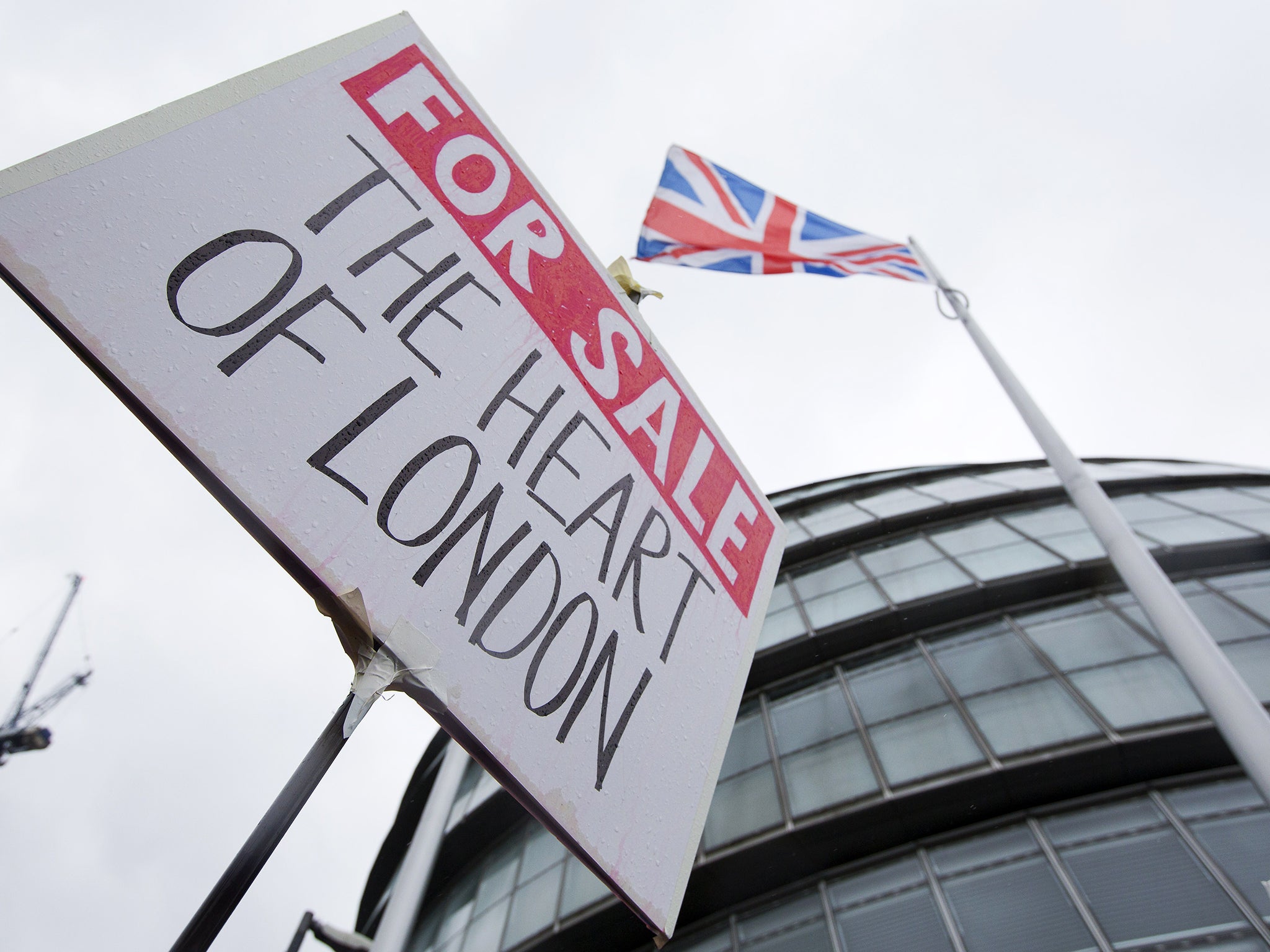Barclays has brought back 100 per cent mortgages - but is property ownership the best option for millennials?
The idea that property prices always rise is a myth


Barclays’ bid to end dependence on the “bank of mum and dad” sounds more radical than it is. The idea is that new home-buyers can get a 100 per cent mortgages, so will no longer need to go to family members to help stump up the deposit. That is admirable. But the catch is that they will still need to get a guarantee from the family for that bit of the mortgage, so the bank of mum and dad will still be on the hook if something goes wrong.
Might it go wrong? There is no mileage in trying to predict house prices. The only thing we can do is to observe that seven years of ultra-loose monetary policies in the UK and elsewhere have led to a global asset boom, and that in the UK house prices are even higher, relative to earnings, than they were at any previous peak of the cycle. But rapid growth of population, coupled with restrictive planning policies, may sustain historically high prices for a while yet, at least in some parts of the country. Currently overall UK house prices are up 10.1 per cent year-on-year according to Halifax, but only 4.9 per cent according to Nationwide.
The high level of prices does however raise another huge issue: is property ownership right for most people? The average age of first-time buyers is rising and is now just over 30, while the proportion of housing stock that is owner-occupied is falling. It had risen sharply since the Second World War, when most homes were rented, with rental and owner-occupied homes crossing over in 1971. But according to the ONS ownership reached a peak at 69 per cent in 2001, and has since fallen to 64 per cent. That is much the same as the US, where ownership is also falling, and about the middle of the developed world scale. At the bottom come Denmark, Germany, Austria and Switzerland.
There is no easy answer. Over the past half-century most countries have sought to increase owner-occupation, and it has been creeping up even in Germany. There has been a mixture of motives. One is the practical view that people are more likely to look after their property better if they own it. Another is the more political belief that they will feel they have more of a stake in social stability. Yet another is that paying off a mortgage is a form of forced saving, giving people a cushion of wealth in old age. Thanks in part to the level of home ownership, the median wealth of a British household was £225,000 at the end of 2014. Given what has happened to house prices since then it is probably near £250,000 now. In other words, the average family is a quarter of the way to being a millionaire.
On the other hand there are downsides. One is that high owner-occupation may decrease labour mobility: if you rent your home you can move to where the jobs are, whereas if you own it, moving is much harder. Another obvious one is that many young people and key workers are priced out of home ownership. Still another is the impact of high house prices both on wealth inequality and inter-generational equity. It may be all right if parents can stake their children for a first home, but it is utterly unfair on people whose parents can’t. (Income inequality in the UK has fallen slightly over the past ten years; wealth inequality has risen.)
Where Barclays has gone, expect other lenders to follow, so are there dangers in a 100 per cent mortgage? Memories of the sub-prime crisis in the US and the outcome of Northern Rock’s 125 per cent mortgages here still linger. But lenders on both sides of the Atlantic, after that dreadful experience, will surely be more cautious now. Indeed the requirement for what would have been the initial deposit to be guaranteed would cover most mortgages against some fall in prices. The real killer would be rising unemployment. If there continues to be job growth in the UK, that would underpin the ability of people to meet their monthly repayments. While interest rates will eventually rise, they do not seem likely to go to anything like the normal levels of the recent past. But the idea that property prices always rise is a myth. We know at some stage prices will fall; we just don’t know when.
Join our commenting forum
Join thought-provoking conversations, follow other Independent readers and see their replies
Comments